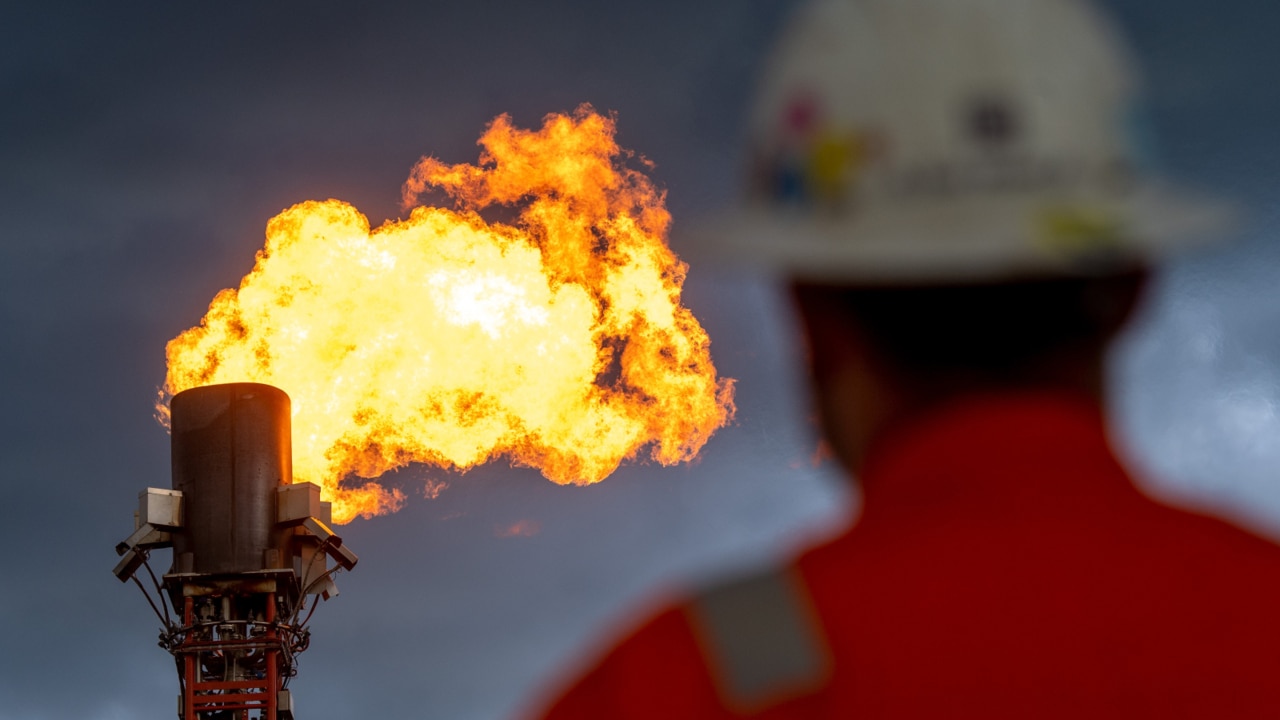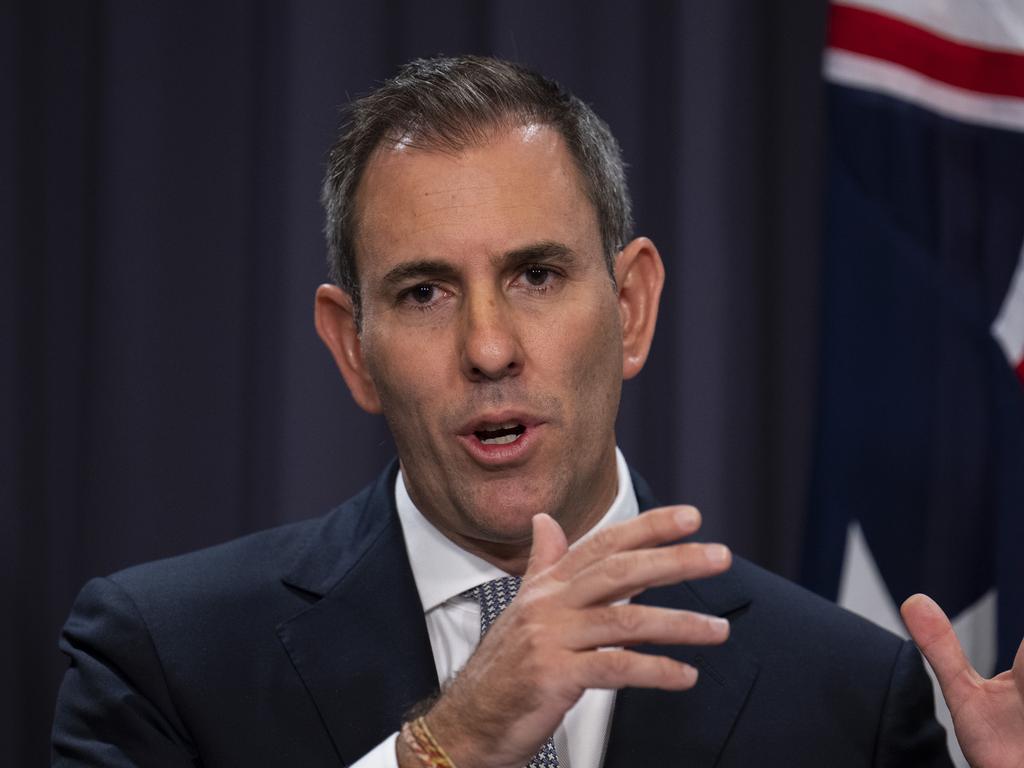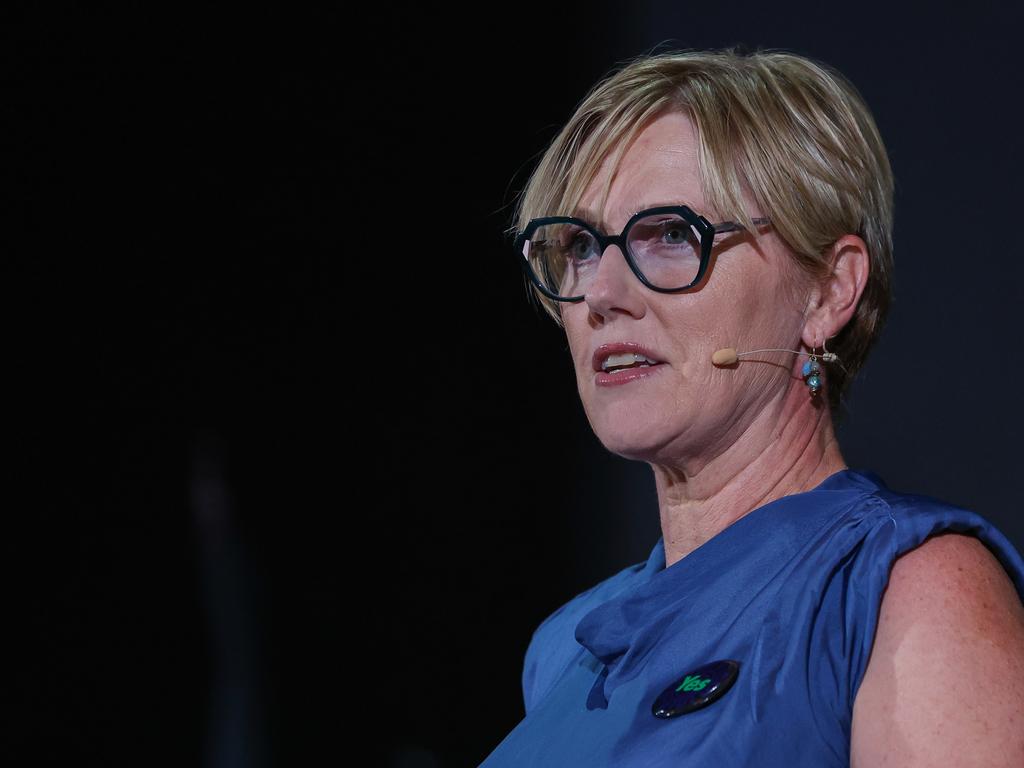Labor criticised for ‘low-balling’ resources taxation change
Labor has been criticised for its plans to bring forward a key tax for a major industry in this week’s federal budget.

Labor has been accused of “lowballing” in its plans to collect billions of dollars from gas producers by bringing forward a key industry tax.
Crossbench MPs have said the Albanese government should have gone harder after it announced it would increase the revenue taken from the petroleum resource rent tax by $2.4bn over the next four years.
The government plans to introduce a 90 per cent cap on the use of deductions that can be offset under the PRRT from July 1.
The changes, which have been under consideration since 2019, would result in major liquefied natural gas projects paying PRRT about a decade earlier than they would have otherwise.
Several teal independents, the Greens and crossbench senator David Pocock have reacted with some dismay after Jim Chalmers announced the PRRT reform over the weekend.
Independent Mackellar MP Sophie Scamps called the reforms a “positive step” that were overall still “tiny and timid” given LNG exports were worth more than $90bn annually.
“The fact that the changes have been so enthusiastically welcomed by oil and gas lobby group, the Australian Petroleum Production & Exploration Association (APPEA), is a red flag,” she said on Monday.
“The changes announced by the Treasurer today will see a mere additional $600m per year collected in revenue from the PRRT.”

Fellow crossbencher Zoe Daniel echoed Dr Scamps’ concerns, saying “lowballing” an increase in revenue taken from the PRRT was a “wasted opportunity”.
“These are Australian resources, and this is a weak step towards a fair return,” the Goldstein MP said.
Ms Daniel said Australians deserved a bigger share of the profits gas producers had made as a result of the war in Ukraine, which has driven up commodity prices as countries stop using Russian coal and gas.
“This is free money they could never have factored into their business or investment plans,” she said.
“Woodside, for instance, booked a record profit of $9.65bn after tax in the last financial year.”
Under the proposed changes to the PRRT, gas companies would still be allowed to claim tax deductions on investments for new projects but these would be capped at 90 per cent of their assessable income.
Greens treasury spokesman Nick McKim lashed the proposal as “less than the bare minimum” and claimed the changes had been “designed by the gas industry”.
“Under Labor’s proposed changes the more profits gas corporations make, the less extra tax they pay,” Senator McKim claimed.
The Treasurer rebuffed criticisms of the changes by saying the government had needed to work closely with the gas industry to “strike the right balance” between raising revenue and bolstering investor confidence.
“We consulted them to work out how we could get more revenue for Australians, sooner, from their resources, to help fund our cost of living package and other priorities in a budget,” Dr Chalmers told ABC Radio.
“But in a way which recognises we want to see investment, we want to see supply and we want to make sure we honour our international commitments.”
The government has urged the opposition to support the PRRT changes, saying if the Coalition doesn’t get on board it will be forced to negotiate with the Greens in the upper house.

Anthony Albanese said the Liberals and Nationals should support the changes given gas companies and APPEA had both said “they can live with” the reforms.
The Prime Minister admitted the reforms were “modest” but said the government wanted to support the gas industry.
Liberal frontbencher Dan Tehan said the opposition may support the reforms.
“Obviously, higher taxes are not in our DNA, but we will consider it,” he told Sky News on Monday.
“We’ve got to consider it sensibly, examine it based on its merits, obviously do the consultation with the industry and then we will make a decision on it.”
Limiting the proportion of PRRT assessable income on LNG projects was one of the key recommendations made by a Treasury review of gas transfer pricing, which the government released on Sunday.
The government will implement eight of the 11 recommendations made in the Treasury review as well as eight recommendations made by the earlier Callaghan review of the PRRT, which the Morrison government accepted but did not implement.



